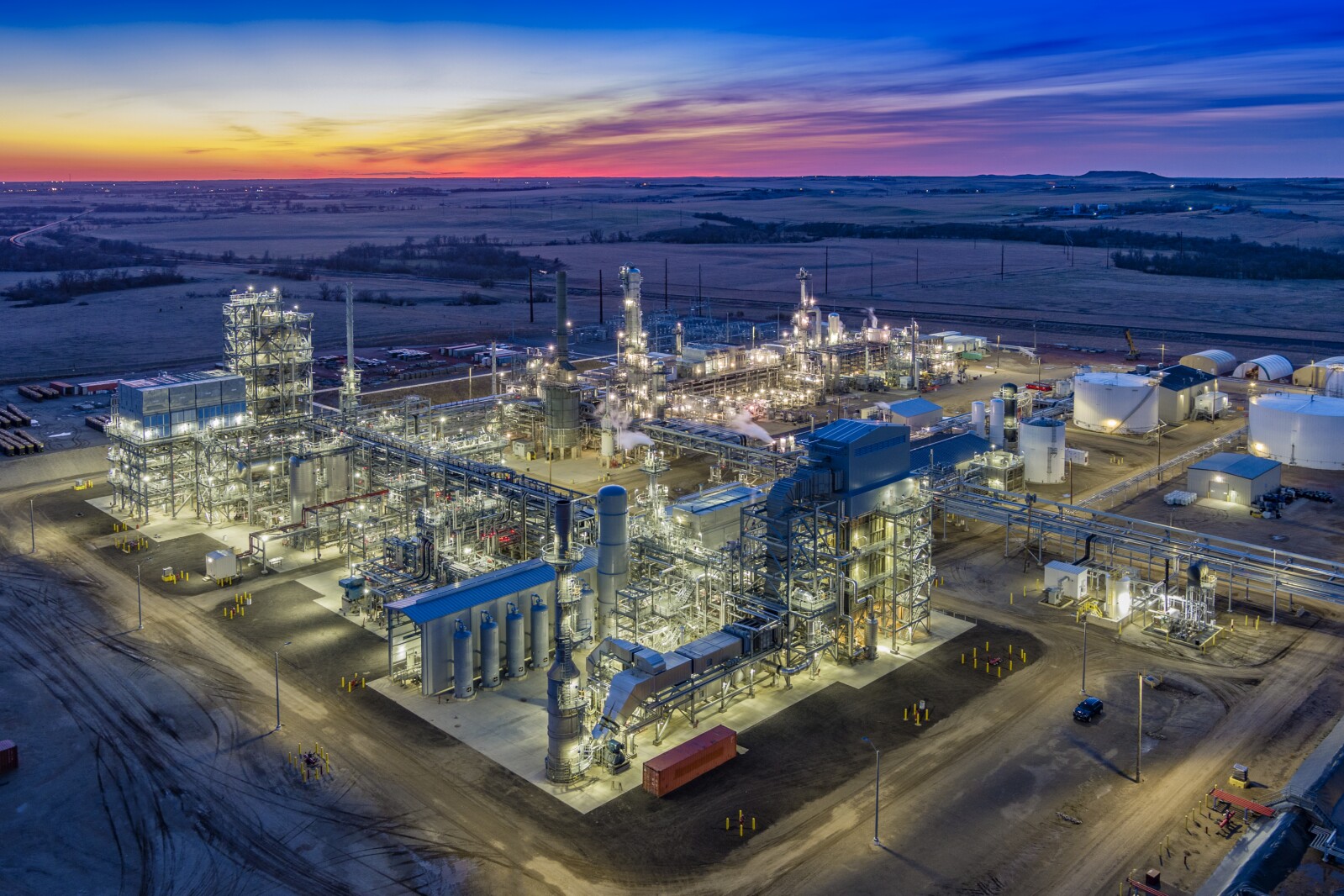
Dickinson plant produces 184 million gallons of 100% renewable diesel
Marathon's production of renewable diesel offers a more efficient and environmentally friendly alternative fuel option
Not sure if I buy it. The article goes into detail about how ethanol is more carbon intensive than gasoline due to land use changes, but somehow other crops don't have this issue when you make diesel 🤔
Sounds like wishful thinking to me, but I do hope it is true.

